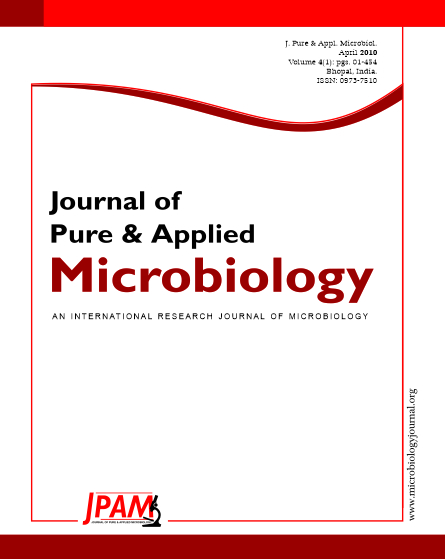Transesterification of vegetable oil is a route to produce fatty acid alkyl ester, which can be used as substitute to petroleum based diesel fuel. Various approaches such as acid, alkali or enzyme catalysis can be used to carry out this process. Among various enzymes, transesterification of vegetable with alcohols commonly uses lipase as catalyst. This study presents the investigations carried out to examine the extent of transesterification through enzyme catalysis. Lipase from Candida rugosa was used to examine the extent of transesterification (methanolysis) of the fresh and the waste cooking oil (cottonseed) oil using ethanol or methanol with reference to time. The products thus obtained were characterized using TLC and 1H-NMR spectroscopy.
Lipase, Candida rugosa, tranesterification, cotton seed oil
© The Author(s) 2010. Open Access. This article is distributed under the terms of the Creative Commons Attribution 4.0 International License which permits unrestricted use, sharing, distribution, and reproduction in any medium, provided you give appropriate credit to the original author(s) and the source, provide a link to the Creative Commons license, and indicate if changes were made.


